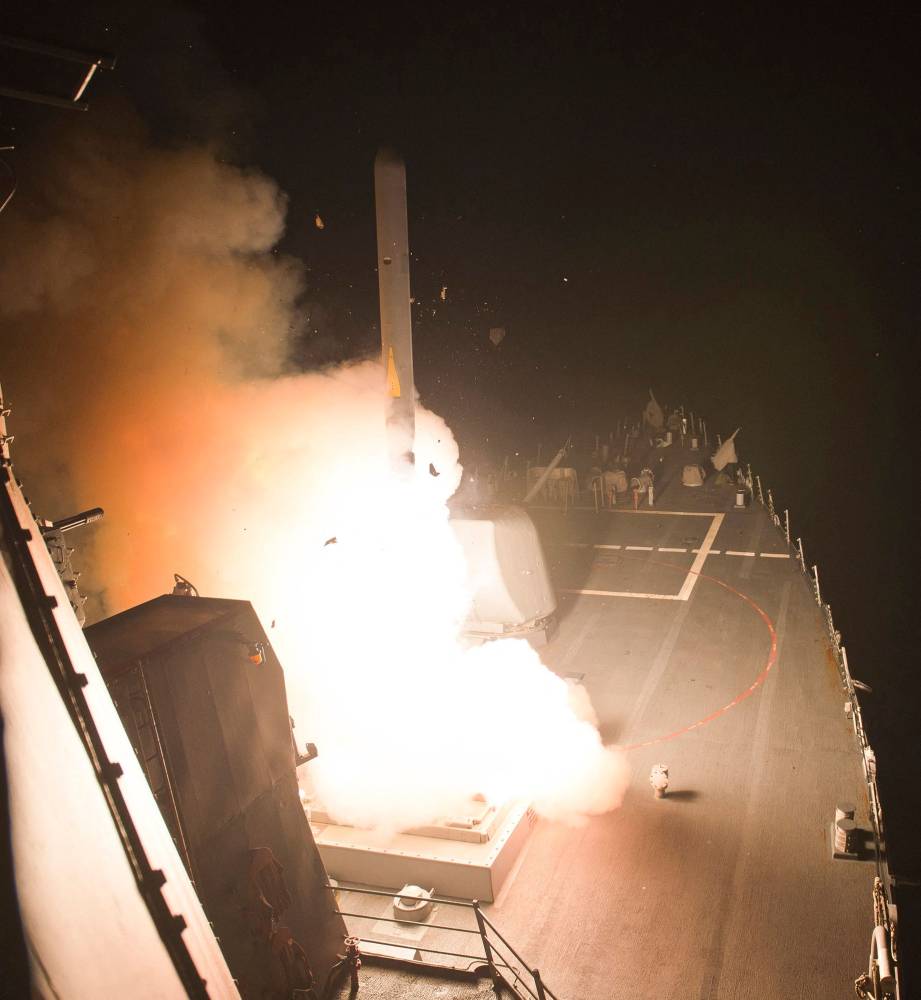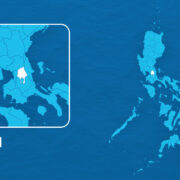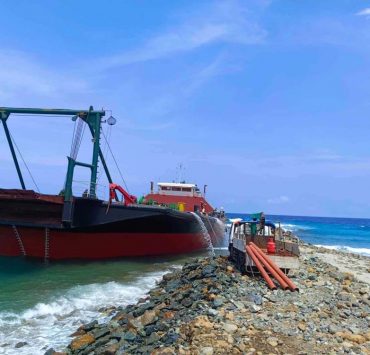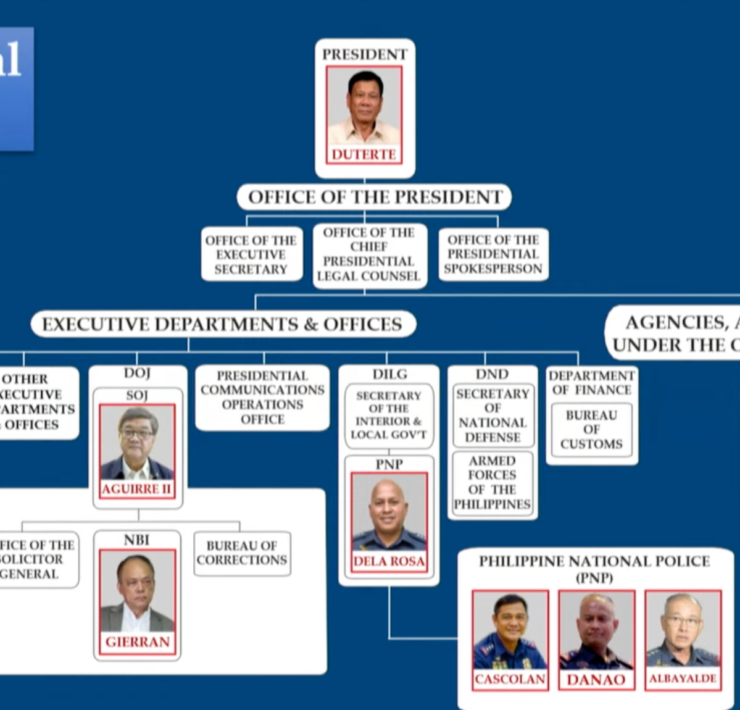
MOSCOW—The Kremlin on Saturday warned that the deployment of US missiles in Germany could make European capitals targets for Russian missiles in a repeat of Cold War-style confrontation.
Kremlin spokesperson Dmitry Peskov spoke of a “paradox” in which “Europe is a target for our missiles, our country is a target for US missiles in Europe.”
“We have enough capacity to contain these missiles but the potential victims are the capitals of these countries,” he said, speaking to Russian state television channel Russia 1.
Peskov also hinted that such a confrontation could undermine Europe as a whole—in the same way that the Cold War ended with the Soviet Union’s collapse.
“Europe is coming apart. Europe is not living its best moment. In a different configuration, a repeat of history is inevitable,” he said.
The White House announced on Wednesday during a Nato summit that it would periodically station long-range weapons including Tomahawk cruise missiles in Germany from 2026 as a deterrent.
“Exercising these advanced capabilities will demonstrate the United States’ commitment to Nato and its contributions to European integrated deterrence,” the White House said.

The Kremlin has already criticized the move, accusing Washington of taking a step towards a new Cold War and of directly participating in the conflict in Ukraine.
Escalation risk
Russia’s defense ministry on Friday said that Defense Minister Andrei Belousov held a telephone call with his US counterpart Lloyd Austin III where they discussed lowering the risk of “possible escalation.”
German Chancellor Olaf Scholz has hailed the US decision despite criticism from members of his Social Democrats.
The decision marks a return of US cruise missiles to Germany after a 20-year absence.
Defending the decision, Scholz told reporters at the Nato summit that it was “something of deterrence and it’s securing peace, and it is a necessary and important decision at the right time.”
German Defense Minister Boris Pistorius told broadcaster Deutschlandfunk that the deployment decision addressed a “very serious gap” in the country’s capabilities.
Responding to the Kremlin’s warning that the US missile deployment could put European capitals at risk, a US state department spokesperson said the United States and Nato “do not seek a military conflict with Russia…but any military action directed against a Nato Ally would trigger an overwhelming response.”
Russia is “the most significant and direct threat to Allies’ security and to peace and stability in the Euro-Atlantic area,” the spokesperson said, adding it was “Russia that started this war and Russia could end it today.”
Air-launched
The German army does not have long-range missiles that launch from the ground, only cruise missiles that can be fired by aircraft.
The 1980s deployment of US Pershing ballistic missiles in West Germany at the height of the Cold War prompted widespread demonstrations, with hundreds of thousands coming out in pacifist protest.
US missiles continued to be stationed through the reunification of Germany and into the 1990s.
But following the end of the Cold War, the United States significantly reduced the numbers of missiles stationed in Europe as the threat from Moscow receded.
Now Nato countries—spearheaded by the United States—have been bolstering their defenses in Europe following the start of Russia’s military campaign in Ukraine in 2022.
In another development, Chinese and Russian naval fleets conducted their fourth joint sea patrol in the Western and Northern Pacific Ocean, Chinese state broadcaster CCTV reported on Sunday.
The patrol is part of an annual arrangement between the two and does not target any third party, CCTV said, adding the move had nothing to do with the current international and regional situation.
AFP is one of the world's three major news agencies, and the only European one. Its mission is to provide rapid, comprehensive, impartial and verified coverage of the news and issues that shape our daily lives.
Reuters, the news and media division of Thomson Reuters, is the world’s largest multimedia news provider, reaching billions of people worldwide every day. Reuters provides business, financial, national and international news to professionals via desktop terminals, the world's media organizations, industry events and directly to consumers.





















